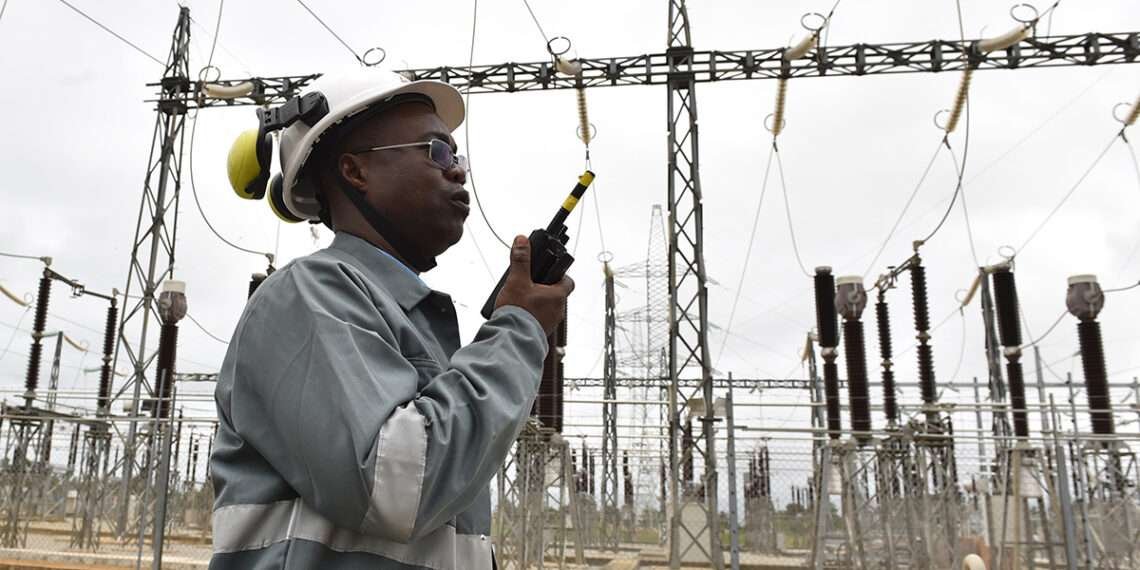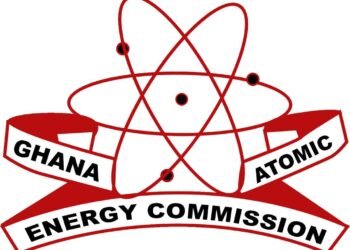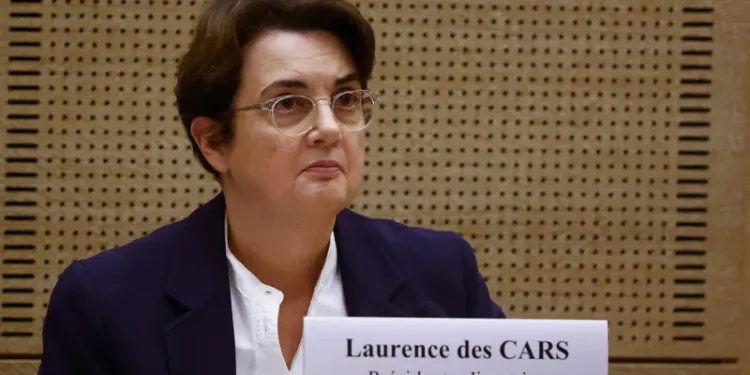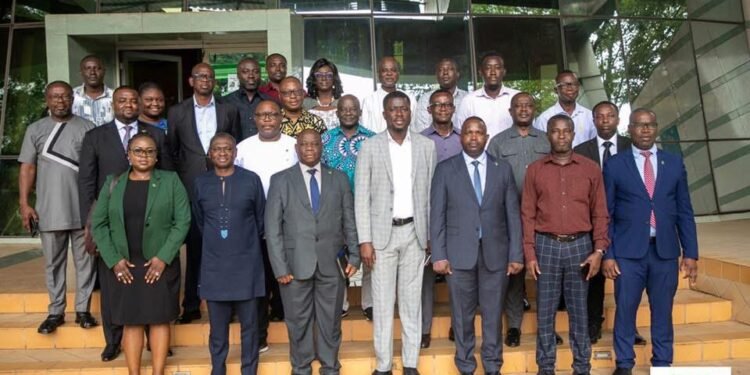The Institute for Energy Security (IES) has raised concerns over the mismanagement of the Energy Sector Recovery Levy (ESLA), warning that its collateralisation has burdened Ghana’s energy sector with over US$2 billion in debt after eight years.
According to IES, the continued reliance on the ESLA to address legacy debts and stabilise the sector raises serious questions about accountability and the justification behind its use, especially considering that the levy has been generating approximately $650 million annually to clear legacy debts and stabilize the sector.
“While Ghana’s installed generation capacity stood at 4,599MW with a dependable capacity of 4,127MW serving a peak demand of 2,078MW as of December 2016, the situation has deteriorated significantly since then.”
Institute for Energy Security (IES)
IES noted that while power generation capacity increased to 5,639MW by the end of 2023, demand growth to 3,618MW has been accompanied by significant generation deficits and frequent outages. This, according to the institute, highlights inefficiencies in capacity utilisation and planning.
“The sector, which was on a trajectory of recovery and growth, has suffered significant setbacks,” IES stated. The institute attributed the power sector’s deteriorating state to poor management over the past eight years despite inheriting substantial resources and opportunities.
The IES also took a critical view of strategic decisions made to address power challenges, including the restoration of the Asogli Power Plant. While the return of the 550 MW Asogli plant to operational status is seen as a positive step, the IES stressed that it is merely a partial solution.
The restoration alleviates some of the immediate pressure on the power grid but does not address the systemic inefficiencies within Ghana’s power sector.
IES pointed to the 850MW of underutilised capacity available from other independent power producers (IPPs), such as Amandi, Siemens, and Karpower, as evidence of operational mismanagement. The underutilisation of these resources highlights vulnerabilities within the system, especially during peak demand periods.
Recommendations from the IES

To address the energy sector crisis and avert prolonged power outages, IES has called on the government to take decisive action. IES warned that failure to pay these debts could lead to prolonged power shortages and economic instability. Additionally, unpaid arrears risk undermining investor confidence in Ghana’s energy sector, further deepening financial challenges.
“Expanding gas processing and storage facilities would allow Ghana to maximize its domestic gas resources, reduce reliance on costly imports, and strengthen the country’s energy security.
“Gas investments would also lead to lower operational costs, providing financial relief to the struggling sector.”
Institute for Energy Security (IES)
With persistent power shortfalls, the IES recommended introducing a structured load-shedding system. This would enable households and businesses to plan effectively, minimizing the disruptions caused by unpredictable blackouts.
“A comprehensive strategy addressing generation, distribution and financial management is essential to achieving long-term stability and reliability in Ghana’s power sector,” the IES noted.
As Ghana looks to develop its energy sector for sustainable growth, it must learn from these lessons and prioritize transparency, accountability, and efficient resource allocation.
The ESLA saga serves as a cautionary tale about the dangers of poorly managed public levies and the importance of ensuring that such measures are implemented effectively and transparently.
The ESLA crisis underscores the need for a comprehensive review of Ghana’s energy sector policies and management practices. It emphasizes the importance of balancing short-term financial needs with long-term sector development goals, and the necessity of maintaining public trust through transparent and accountable governance.
The IES has underscored the urgency of addressing these issues comprehensively. They argued that a multi-faceted strategy focused on generation, distribution, and financial management is necessary to ensure a stable and sustainable electricity supply.
Without systemic reforms and strategic planning, Ghana risks enduring persistent energy challenges that could negatively affect its economic stability and citizens’ quality of life.























